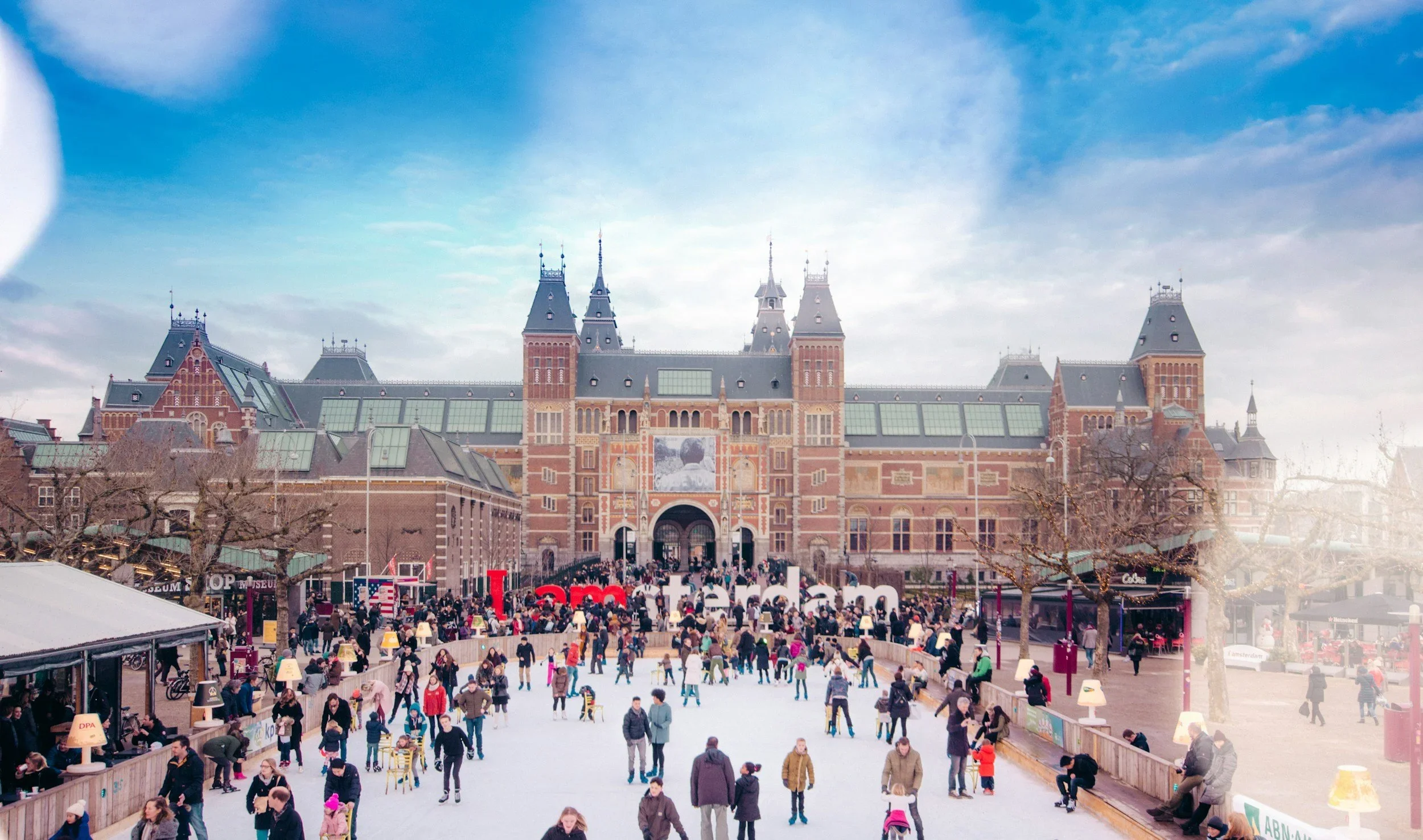5 facts about sleep you didn't know yet
Sleeping seven to eight hours a night, no more blue light in the evening, enough daylight and a good pillow and mattress in a dark room: these are probably tips that you have heard or read before. On International Sleep Day, we share 5 facts about sleep that you did not know yet.
Placebo sleep
Do you perform better if you think you had a good night's sleep? In one study, students were told that their sleep quality was being measured. While the first group was informed they have had a high quality sleep, the second group heard their sleep quality was poor. In reality, their sleep quality was not measured at all. The students who thought they slept well performed better on the cognitive tests they had to take afterwards. On the contrary, the so-called 'poor sleep quality' group performed less well. The study showed that believing you had a good night's sleep has a positive influence on your cognitive functions. Unfortunately, it also works vice versa, so it is best to stop complaining how tired we are, because it will only backfire.
They key to succesful napping
Einstein believed that sleeping a few times during the day improved his creativity and concentration and created a special technique for his afternoon naps. He slept in a comfortable chair, had a key in his hand and placed a metal plate on the floor. According to the theory, your muscles relax when you enter the second stage of sleep, which means you had just enough rest. So when Einstein dropped the key from his hand, the sound woke him, ready for another couple hours of focus.
The lifehack has never been proven to work, but research does show that napping for less than half an hour improves your brain functions.
9 minute snooze
Ever wondered why snoozing always takes 9 minutes? The duration is based on the gears of the mechanical alarm clock. The number of teeth on the gears corresponds to 9 minutes. This number of minutes was then also used for digital clocks.
This dreams are (not) made for walking
Your sleep cycle consists of different stages. The last stage of the cycle, the Rapid Eye Movement (REM) sleep, is important for several brain functions, such as memory and emotional processing. This is the stage where you dream. To prevent you from actually carrying out these dreams in your sleep, your muscles are paralyzed. The eye muscles (hence REM sleep), the heart and the lungs, of course, remain active.
The sleeping trick of soldiers and pilots
Soldiers and pilots do not have the time to toss and turn for an hour before falling asleep. To fall asleep quickly, they follow the following two steps. First they relax their body step by step, starting at the face and ending at the feet. After 10 seconds, they move on to the next step, imagining themselves lying in a canoe with a clear blue sky. Then they imagine that they are lying in a hammock in a dark room. Finally, they repeat the words "don't think" before falling asleep.
Do you want a guaranteed good night's sleep? Come and spend the night in one of our Pillows Hotels and sleep in wonderful beds, Egyptian cotton bed linen and a choice of four types of pillows.




